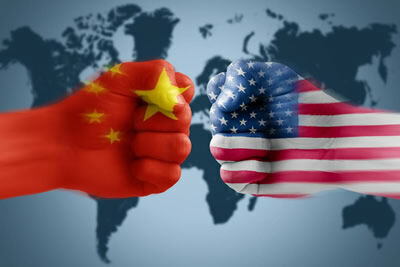China investigating ministry member for alleged CIA espionage

China’s state security ministry has launched an investigation into a 39 year old Chinese national, identified only by his surname Hao, over allegations of espionage on behalf of the United States Central Intelligence Agency (CIA). Hao, who once held a position at a ministry, was reportedly recruited while studying in Japan. This development comes less than two weeks after another Chinese individual was accused of spying for the CIA.
In a report by Reuters, Hao was said to have become acquainted with an American embassy official named “Ted” during a visa application process. Their relationship reportedly blossomed over dinners and gift exchanges, with Ted offering assistance in writing reports for a promised payment.
Later, Ted introduced Hao to his colleague Li Jun before ending his tenure at the American embassy in Japan. The relationship between Hao and Li continued, leading up to Hao’s graduation.
Upon revealing his CIA affiliation in Tokyo, Li urged Hao to return to China and secure employment in a significant department, to which Hao agreed to infiltrate and share intelligence.
After undergoing evaluation and training in the United States, Hao found employment in a national-level department upon returning to China, adhering to the agreement with the CIA.
He then started selling classified information to the CIA in exchange for payments.
This recent disclosure adds to the growing list of public accusations of espionage between Beijing and Washington, stirring further tension in the already strained relations between the two superpowers. The CIA has yet to comment on the matter.
Tensions have already been high between the US and China. Driven by the ongoing trade dispute between Washington and Beijing, China recently limited the export of two significant metals. The Federation of Thai Industries said that leading authorities in the car industry fear another chip shortage could soon hit electric vehicle (EV) manufacturers.
As of August 1, China imposed trade restrictions on select products composed of gallium and germanium. These two elements play a crucial role in the manufacturing of chips and EVs. With this move, fears mount for potential disruptions to global supply chains and an escalation of the trade war with Washington.
Latest Thailand News
Follow The Thaiger on Google News:


























